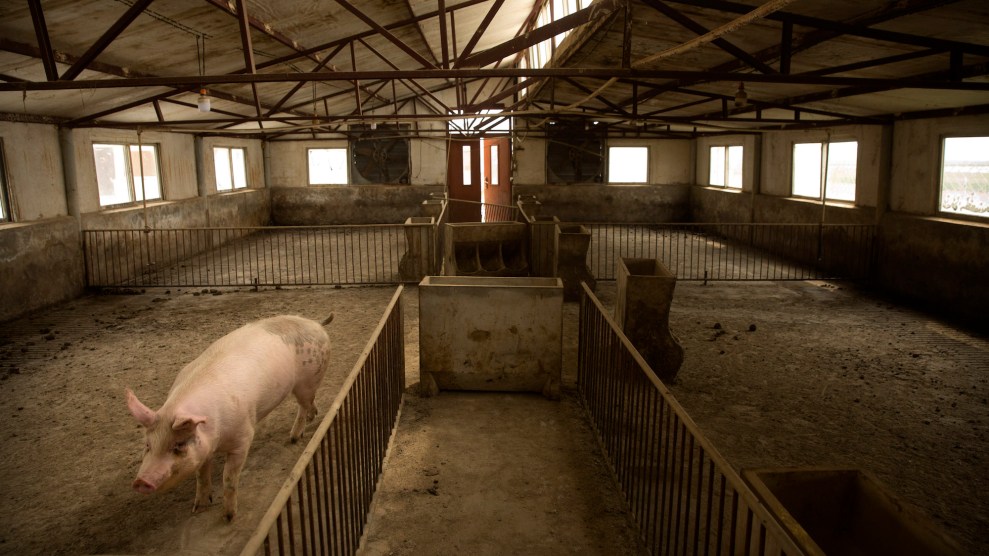As the country took climate change to heart, it was only a matter of time before its politics did too.
HAMBURG, Germany — The emergence of the Green Party as a leading force in German politics is not unlike the flowering of the Serengeti after a rainstorm: What had been mere seeds one minute, hidden but full of potential, sprout overnight, so fast and so fully that it’s hard to remember how things looked before.
After winning a modest 8.9 percent of the votes in the general elections in 2017, the Greens jumped to 20.5 percent in the recent European elections, scoring their best result ever on the national level. Then, in a poll last week, the Greens received 26 percent, topping Angela Merkel’s Christian Democratic Union, which came in at 25 percent, and making the Greens the leading political party. Long considered a left-wing fringe group, the Greens are now in control of Germany’s progressive agenda — a fact that could reshape German politics for decades to come.
The party began as a motley crew of Marxists, ecologists and pacifists. Over time, it made its way step by step into the mainstream; Joschka Fischer, who served as foreign minister and vice chancellor, came from the Greens, and helped cement the party within the establishment.

Annalena Baerbock and Robert Habeck, the leaders of the German Green Party.CreditCreditBernd Von Jutrczenka/Associated Press
But the Greens didn’t sell out; rather, their version of the political avant-garde helped form a new mainstream. German politics were once, and to some extent still are, dominated by old gray men and women. But it is the Greens, almost alone among the country’s political parties, who can speak with authenticity to and for the younger generations; among all but the oldest Germans, they come in first in the polls. The Greens have sprouted because they fit perfectly into a society in which unconventionality has become the norm.
Opinion | The Greens Are Germany’s Leading Political Party. Wait, What? - The New York Times
HAMBURG, Germany — The emergence of the Green Party as a leading force in German politics is not unlike the flowering of the Serengeti after a rainstorm: What had been mere seeds one minute, hidden but full of potential, sprout overnight, so fast and so fully that it’s hard to remember how things looked before.
After winning a modest 8.9 percent of the votes in the general elections in 2017, the Greens jumped to 20.5 percent in the recent European elections, scoring their best result ever on the national level. Then, in a poll last week, the Greens received 26 percent, topping Angela Merkel’s Christian Democratic Union, which came in at 25 percent, and making the Greens the leading political party. Long considered a left-wing fringe group, the Greens are now in control of Germany’s progressive agenda — a fact that could reshape German politics for decades to come.
The party began as a motley crew of Marxists, ecologists and pacifists. Over time, it made its way step by step into the mainstream; Joschka Fischer, who served as foreign minister and vice chancellor, came from the Greens, and helped cement the party within the establishment.

Annalena Baerbock and Robert Habeck, the leaders of the German Green Party.CreditCreditBernd Von Jutrczenka/Associated Press
But the Greens didn’t sell out; rather, their version of the political avant-garde helped form a new mainstream. German politics were once, and to some extent still are, dominated by old gray men and women. But it is the Greens, almost alone among the country’s political parties, who can speak with authenticity to and for the younger generations; among all but the oldest Germans, they come in first in the polls. The Greens have sprouted because they fit perfectly into a society in which unconventionality has become the norm.
Opinion | The Greens Are Germany’s Leading Political Party. Wait, What? - The New York Times







